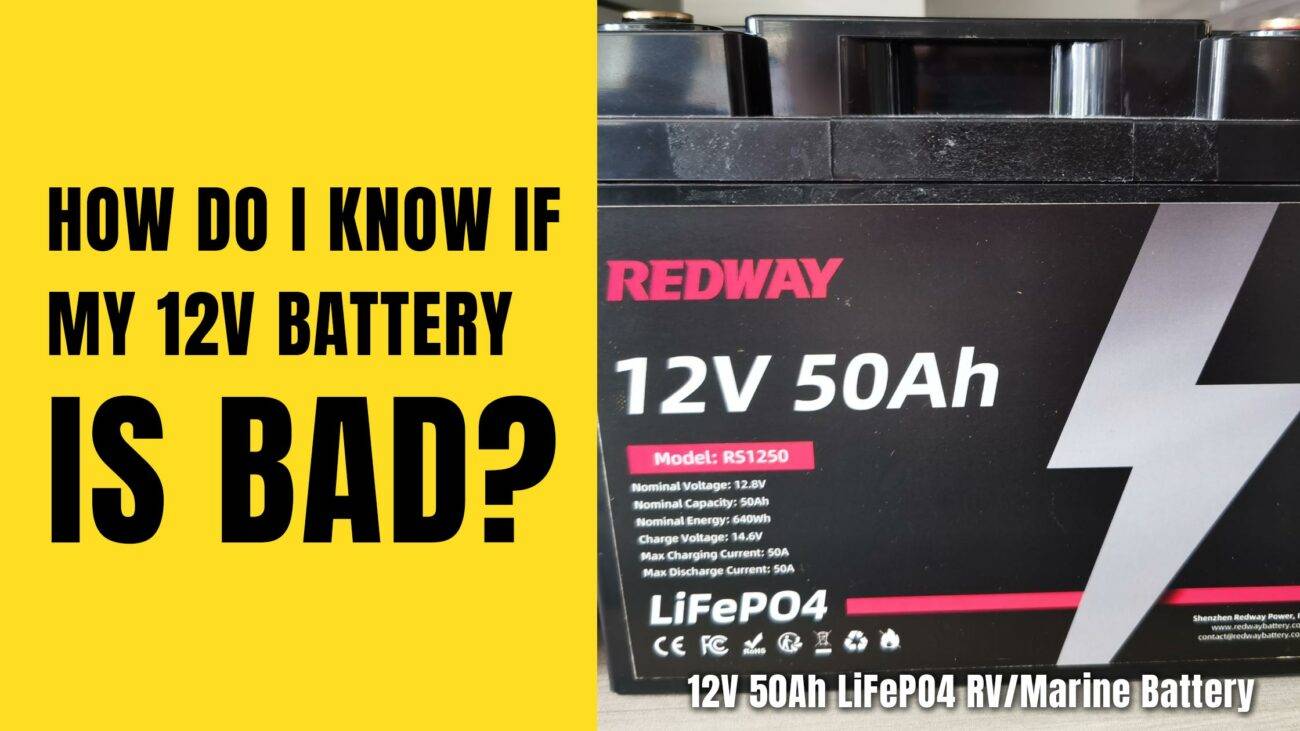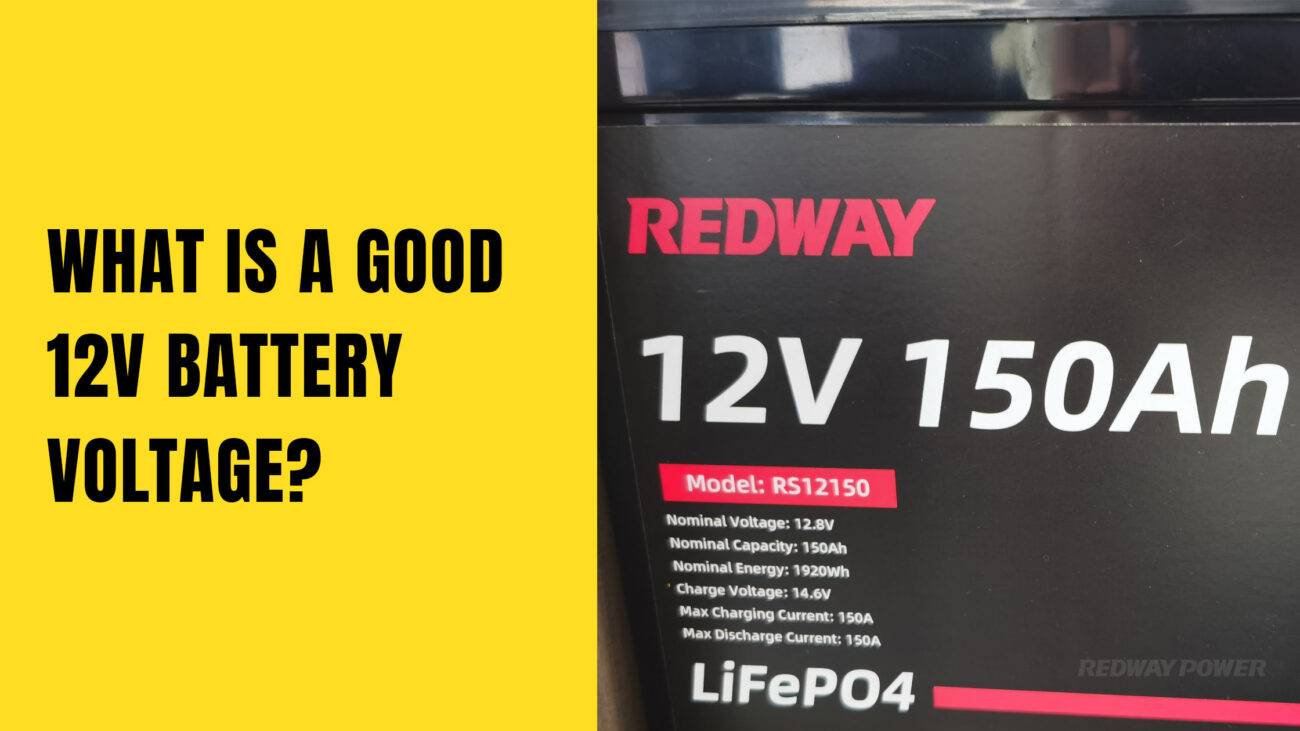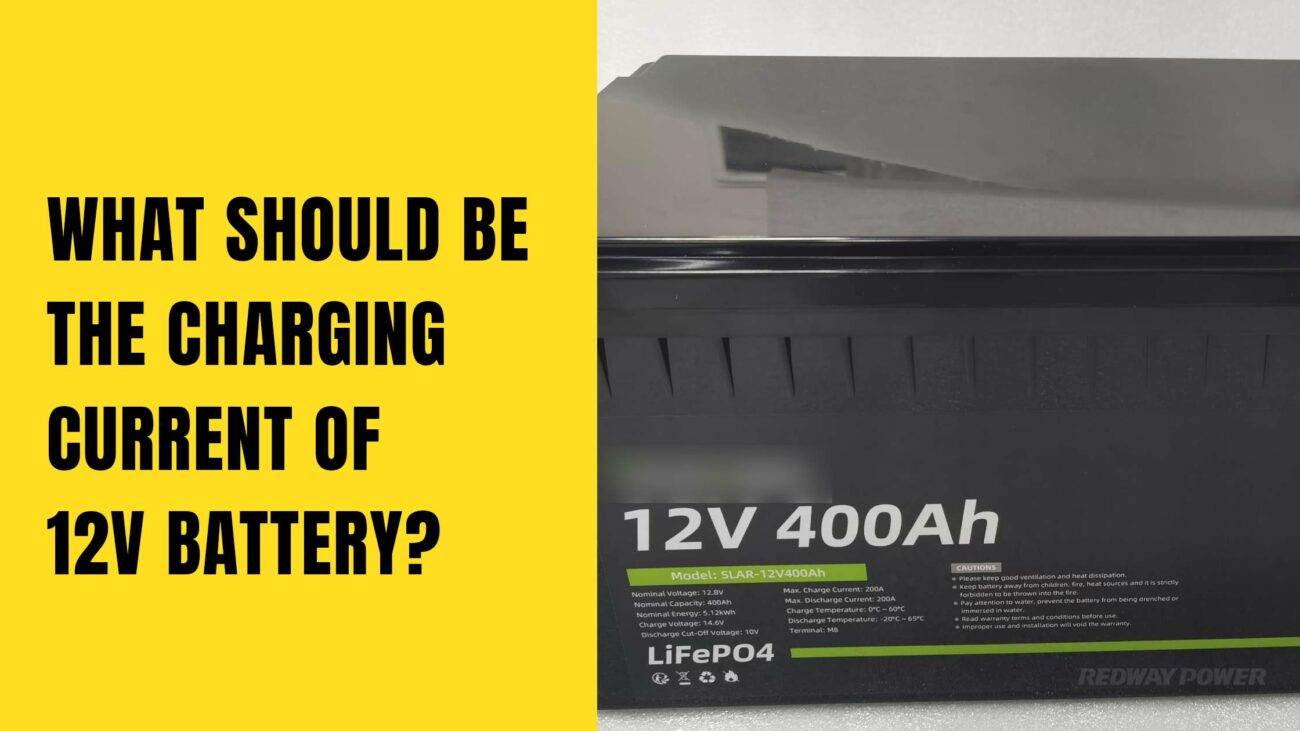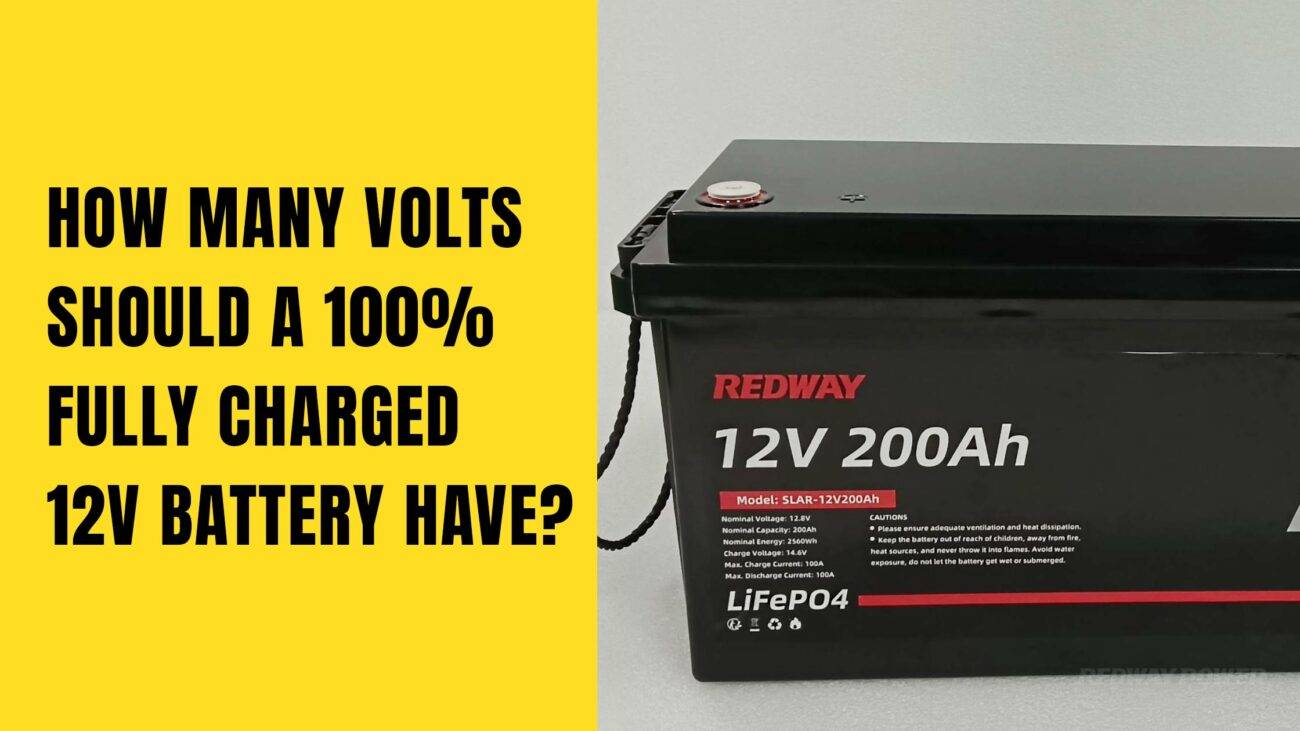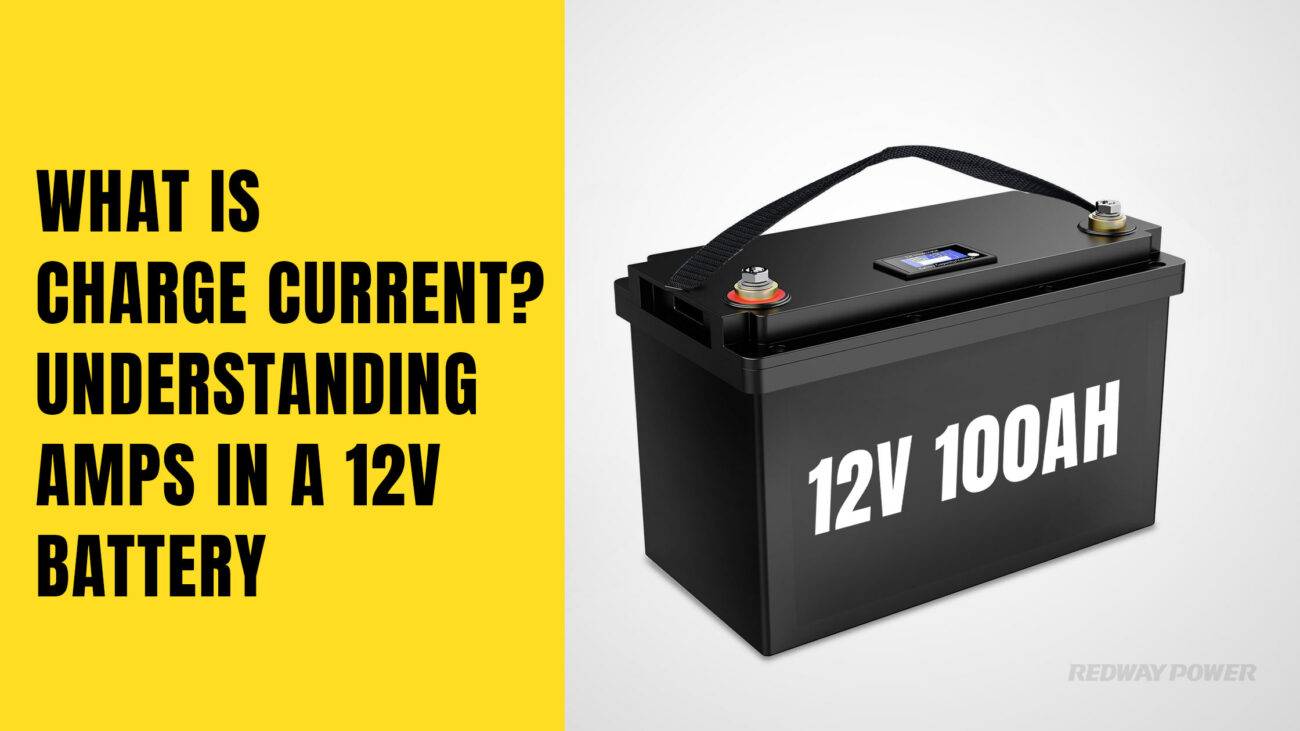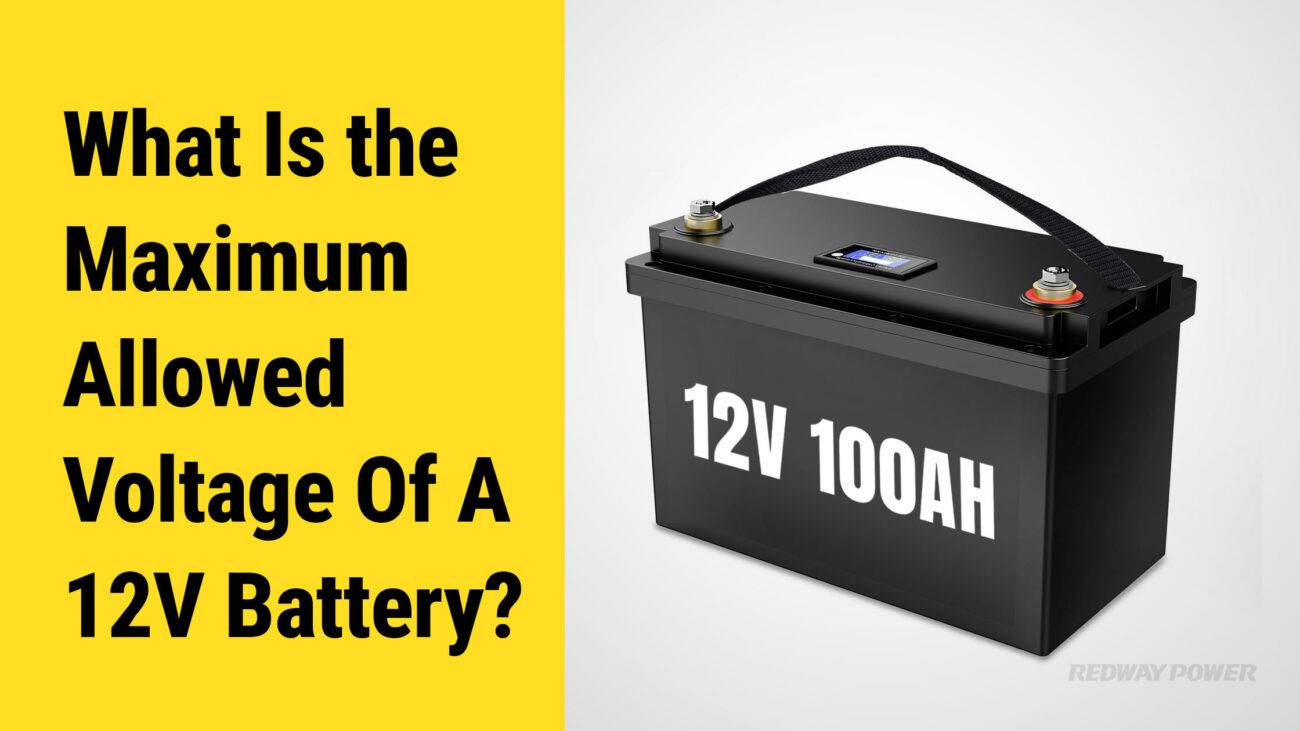Are you familiar with the normal range for a 12V battery? If not, don’t worry! Understanding this crucial information can help you prevent unexpected breakdowns and ensure your battery performs optimally. Whether you’re an automobile enthusiast or someone who simply wants to extend their battery’s lifespan, this blog post will provide all the insights you need. We’ll explore the factors that influence a battery’s normal range, tips for maintaining it, and signs that indicate your battery may be in trouble. So buckle up and let’s dive into the world of 12V batteries!
Importance of understanding the normal range
Having a clear understanding of the normal range for a 12V battery is vital for several reasons. It allows you to monitor your battery’s health and performance effectively. By knowing what voltage range is considered normal, you can identify any deviations or abnormalities that may indicate potential issues.
Understanding the normal range helps prevent unexpected breakdowns. Imagine being stranded in the middle of nowhere due to a dead battery! By regularly checking your battery’s voltage and ensuring it falls within the normal range, you can avoid such unpleasant situations.
Moreover, knowing the normal range empowers you to take proactive measures to extend your battery’s lifespan. If you consistently keep your battery within its optimal operating parameters, it will be less prone to deterioration and premature failure.
Additionally, being aware of the normal range enables you to troubleshoot problems more efficiently. When faced with electrical issues or starting problems, having knowledge about what constitutes as abnormal voltage levels can help narrow down possible causes and guide your troubleshooting process.
To sum up: Understanding the normal range for a 12V battery grants you greater control over its performance and longevity while minimizing surprises on the road. So make sure not to overlook this crucial aspect when taking care of your vehicle’s power source!
Factors that affect the normal range
When it comes to understanding the normal range of a 12V battery, there are several factors that can influence its performance. These factors play a crucial role in determining whether your battery is operating within healthy parameters or not.
One key factor is temperature. Extreme hot or cold conditions can significantly impact the performance and lifespan of your battery. High temperatures can cause evaporation of electrolyte fluid, while freezing temperatures can reduce the chemical reactions necessary for proper functioning.
Another factor is age. As batteries get older, their capacity to hold a charge diminishes over time. This means that even though they may still be functional, they won’t perform at their optimal level.
Usage patterns also affect the normal range of a 12V battery. If you frequently make short trips or use high-powered accessories without giving enough time for the battery to recharge fully, it could lead to decreased performance and shorter lifespan.
Furthermore, environmental conditions such as humidity and dust levels can contribute to corrosion and damage on the battery terminals, affecting its overall efficiency.
By understanding these various factors that affect the normal range of a 12V battery, you can take appropriate measures to maintain its health and longevity. Regularly monitoring your battery’s voltage levels and ensuring proper charging habits are essential steps in prolonging its life expectancy.
Remember: prevention is better than cure when it comes to maintaining your 12V battery’s normal range!
Determining the normal range for different types of 12V batteries
Determining the normal range for different types of 12V batteries is crucial to ensuring their optimal performance and longevity. The ideal voltage range can vary depending on the type of battery, so it’s important to understand these variations.
For lead-acid batteries, which are commonly used in cars and motorcycles, the normal range is typically between 12.4V to 12.7V when fully charged. A voltage below 12.2V indicates a partially discharged battery, while anything below 11.9V suggests a significantly discharged one.
On the other hand, lithium-ion batteries have a slightly different normal range. Fully charged lithium-ion batteries should read around 13-14 volts or higher, while anything below 11 volts may indicate an issue with the battery’s capacity or health.
It’s worth noting that temperature can also affect the normal range of a battery. Extreme cold temperatures can lower the voltage readings temporarily until the battery warms up again.
To accurately determine your specific battery’s normal range, consult its manufacturer’s guidelines or seek professional advice from a certified technician who specializes in batteries.
Remember that regularly monitoring your battery voltage and keeping it within its appropriate range will help extend its lifespan and prevent any unexpected breakdowns due to insufficient power supply!
Tips for maintaining a healthy battery range
1. Regularly check the voltage: Monitoring the voltage of your 12V battery is crucial in maintaining its health. Invest in a reliable voltmeter and check the voltage regularly to ensure it falls within the normal range.
2. Keep it charged: A fully charged battery is less likely to experience issues, so make sure you keep your battery adequately charged at all times. If your vehicle sits idle for long periods, consider using a trickle charger or maintainer to prevent the battery from draining.
3. Avoid deep discharging: Deep discharges can significantly reduce your battery’s lifespan and performance. Try not to let your 12V battery drop below 50% charge before recharging it.
4. Clean the terminals: Over time, corrosion can build up on your battery terminals, hindering proper electrical connections. Regularly clean them with a mixture of baking soda and water to remove any residue.
5. Secure the connections: Loose or corroded connections can lead to poor electrical flow and affect your battery’s performance. Ensure that all connections are tight and free from corrosion by tightening them periodically.
6.Protect against extreme temperatures: Extreme heat or cold can impact a 12V battery’s efficiency and lifespan.
Signs of an unhealthy battery range
Understanding the normal range for a 12V battery is crucial for maintaining its health and ensuring optimum performance. However, there are several factors that can affect this range, such as temperature, age, and usage patterns. By being aware of these variables and taking steps to maintain a healthy battery range, you can prolong its lifespan and avoid any unexpected breakdowns.
Determining the normal range for different types of 12V batteries can be tricky since it depends on their specific chemistry. Lead-acid batteries typically have a voltage range between 11.5V to 13.8V when fully charged. On the other hand, lithium-ion batteries have a higher voltage range between 13V to 14.4V.
To ensure your battery remains within this normal range, here are some tips:
1. Regularly check the voltage: Use a multimeter or voltmeter to measure the voltage of your battery regularly. This will give you an idea if it’s operating within the expected range.
2. Keep an eye on temperature: Extreme temperatures can significantly impact your battery’s performance and overall lifespan. Avoid exposing it to excessive heat or cold conditions whenever possible.
3. Charge appropriately: Overcharging or undercharging your battery can lead to premature failure or reduced capacity over time. Follow manufacturer recommendations regarding charging procedures and use smart chargers with automatic cutoffs when necessary.
4.Minimize parasitic drain: Certain accessories like car alarms or GPS trackers may draw power from your battery even when the vehicle is not in use, leading to draining over time if left unchecked.
Ensure these accessories are properly installed and do not cause any excessive drain on your bat
If you notice any signs indicating an unhealthy battery range despite following these maintenance practices closely,
it may be time to replace your battery:
– Difficulty starting
– Dimming headlights
– Frequent jump-starting needed
– Slow cranking engine
– Battery warning light illuminated






